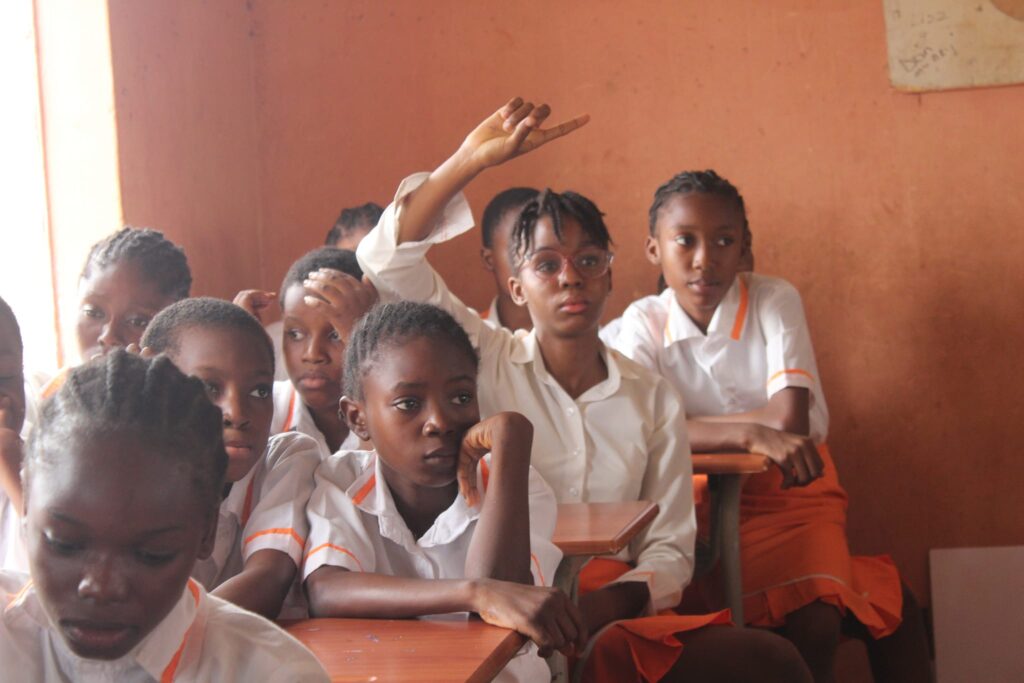Gender inequality in education is a sociocultural bias that entails unequal participation of girls as their male counterparts in education. This is a national concern that has been continuously overlooked by the government.
The discriminatory treatment against girls who are most times burdened with household responsibilities, like cooking, cleaning, tending to the garden, fending for their siblings, etc has led to a great perception against the girl child education.
In some families, the girl child is sometimes engaged in child labour like helping her parents in trading to raise money for her brother’s education, while the girl is believed to be married off to another family, hence remains uneducated.
The factors causing gender equality against girls in education are illiteracy, poverty, poor infrastructure, discriminatory gender norms, child marriage, gender-based violence, and cultural harmful practices, among others.
In rural communities, the saying that a girl’s education ends in the kitchen is still upheld by some families who believe educating a girl is a waste of money. This is a traditional viewpoint regarding the education of girls in some places in Nigeria, yet, in this 21st century.
According to UNICEF, gender-equitable education systems empower girls and boys and promote the development of life skills – like self-management, communication, negotiation, and critical thinking that young people need to succeed. They close skills gaps that perpetuate pay gaps and build prosperity for entire countries.
Gender-equitable education systems can contribute to reductions in school-related gender-based violence and harmful practices, including child marriage and female genital mutilation.
To overcome barriers that are preventing girls from advancing equally with boys in education, the government should promote gender-responsive programs and a safe learning environment that prioritizes girls’ education. Also, teachers should be trained to be gender aware to prevent gender stereotypes and reduce gender bias in the classroom.
The girl child should be allowed the same opportunity as their male counterparts to complete their education to enable them to navigate and acclimatize to the fast-changing world. It is one of their basic fundamental rights, as children.
Speak Wednesday is an initiative of CFHI to address issues of gender-based violence and gender bias. Join us every Wednesday on all our social media platforms for more episodes.

